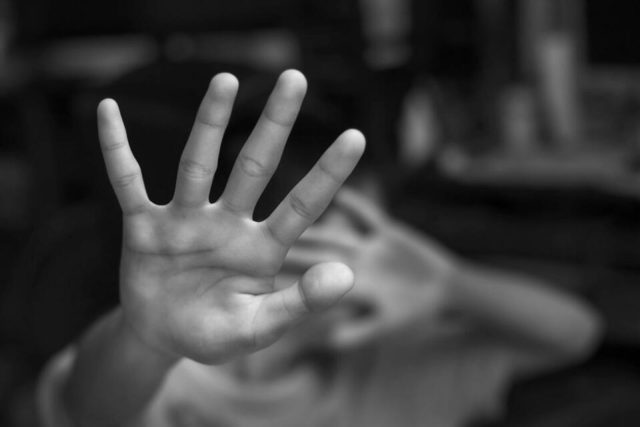A clinical social worker in Kimberley has advised parents and family members, as well as friends, of children who might be being bullied to be a “safe haven” to those who are faced with the problem.
A CLINICAL social worker in Kimberley, Charne Bennett, has advised parents and family members, as well as friends, of children who might be being bullied to be a “safe haven” to those who are faced with the problem.
Bennett noted that various types of bullying sometimes make it tough to prove and the effects are often misinterpreted as “growing pains”.
“There are so many various types of bullying that children deal with. We are currently living in the age of technology where cyberbullying is getting more prominent. In this scenario, it is not so easy for the person who is being bullied to just run home and be safe as there are so many social media platform bullies make use of to get to the person. There are many social media platforms to slander the person, from which the person being bullied cannot run from. The scars of this type of bullying are not as visible as that of a physical bullying incident,” said Bennett.
In cases where parents or guardians suspect that a child is being bullied, they can look out for signs of behavioural change.
“In instances where a child is being bullied at school, they might not want to go to school. Children often use the excuse of an illness, like a tummy ache or headache, as an excuse to avoid going to school.
“Parents can also look out for sudden and constant change in peer groups. That is when your child frequently changes their friends. A sudden change in their mood can also be a sign. Look out for sudden angry outbursts or when a child often cries.
“Withdrawal and isolation can also be an indication. Children usually feel shame when they are being bullied and will withdraw. In cyberbullying cases, one will find that children will withdraw from using devices. If they had a device, they will no longer want to make use of it.
“In cases of physical bullying, parents can look out for torn clothes, bruises and injuries that were inflicted to the child.”
Bennett warned parents not to become over-emotional when they are faced with the problem.
“Many times children do not disclose that they are being bullied because parents are so reactive. Sometimes parents try to take over the problem. It is understandable that parents would not want to see their children hurt or go through something hurtful because they want to protect their children, however, taking the lead in such a problem can often give the opposite result. Parents should rather remain calm and level-headed. They should not let their emotions take over. Parents should validate the child’s emotions. The aim is not to make them feel like a victim.
“Parents should rather teach their children skills on how to deal with situations. Often, some parents teach their children that the way to resolve the problem is to return the same treatment to the bully, ‘if a child hits you, then hit back’ behaviour, but that is also not the correct way to rectify the problem. Parents should equip their children with the correct skills to resolve the problem, which would not in return then cause harm to the other individual.
“Parents should render emotional support during these times. They should make the home a safe haven for the child and give the child an ear when they want to relay the incidents to them. Children will not disclose matters when they do not feel like they are in a safe environment where their concerns are also regarded.”
Bennett advised children and parents to report such matters and to seek appropriate help.
“It is important for such matters to be reported. Children can go through many symptoms if the problem is not resolved. Those who are being bullied also feel like they are the ones at fault when they have to go to therapy. The aim of therapy is not to make the child who is being bullied feel like a failure or that they are at fault. The aim of therapy is to give the child their power back and to make them see that there is nothing wrong with them.
“If your child is struggling with issues of bullying then parents can reach out to a social worker or a psychologist to assist in that regard,” Bennett advised.








